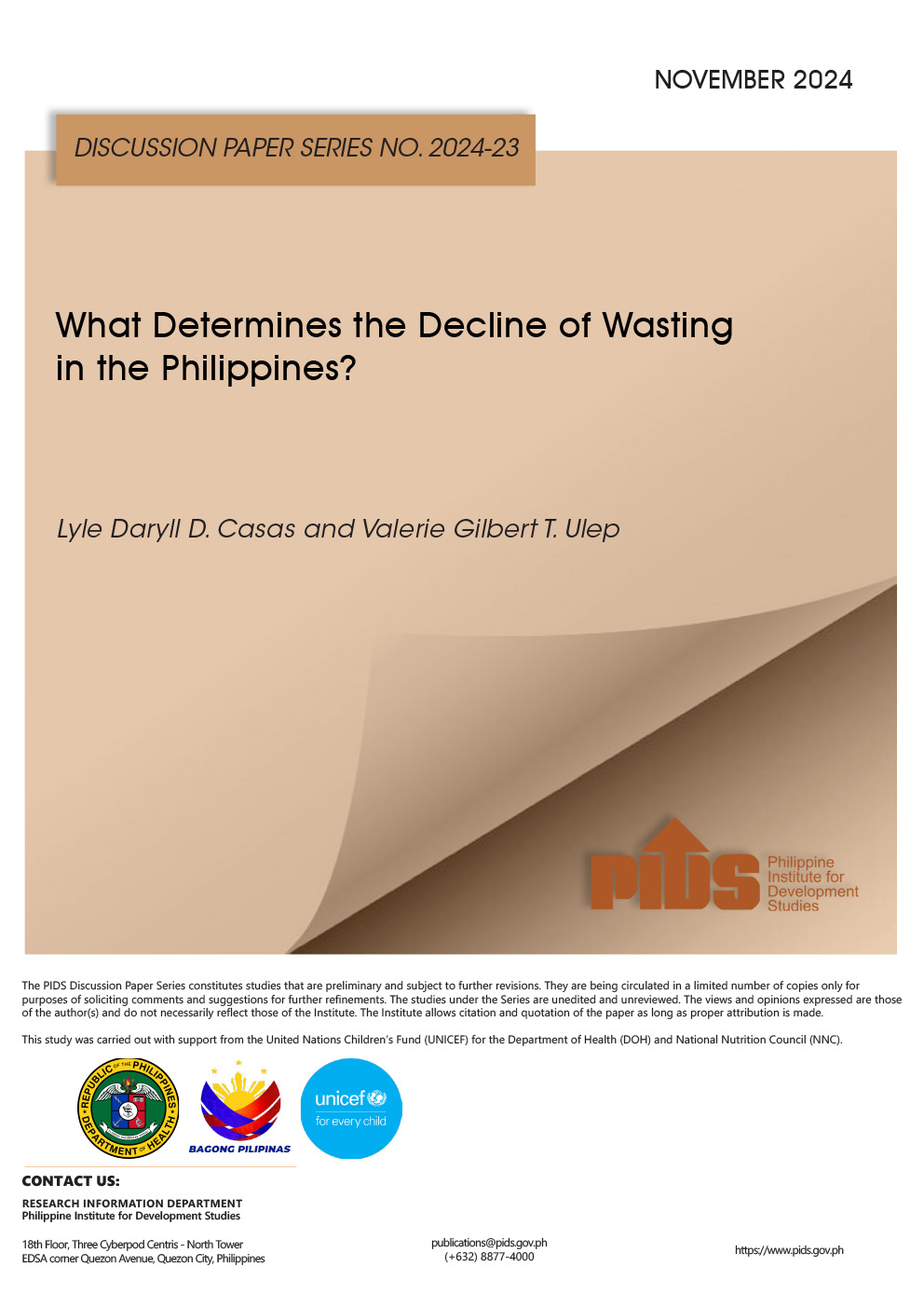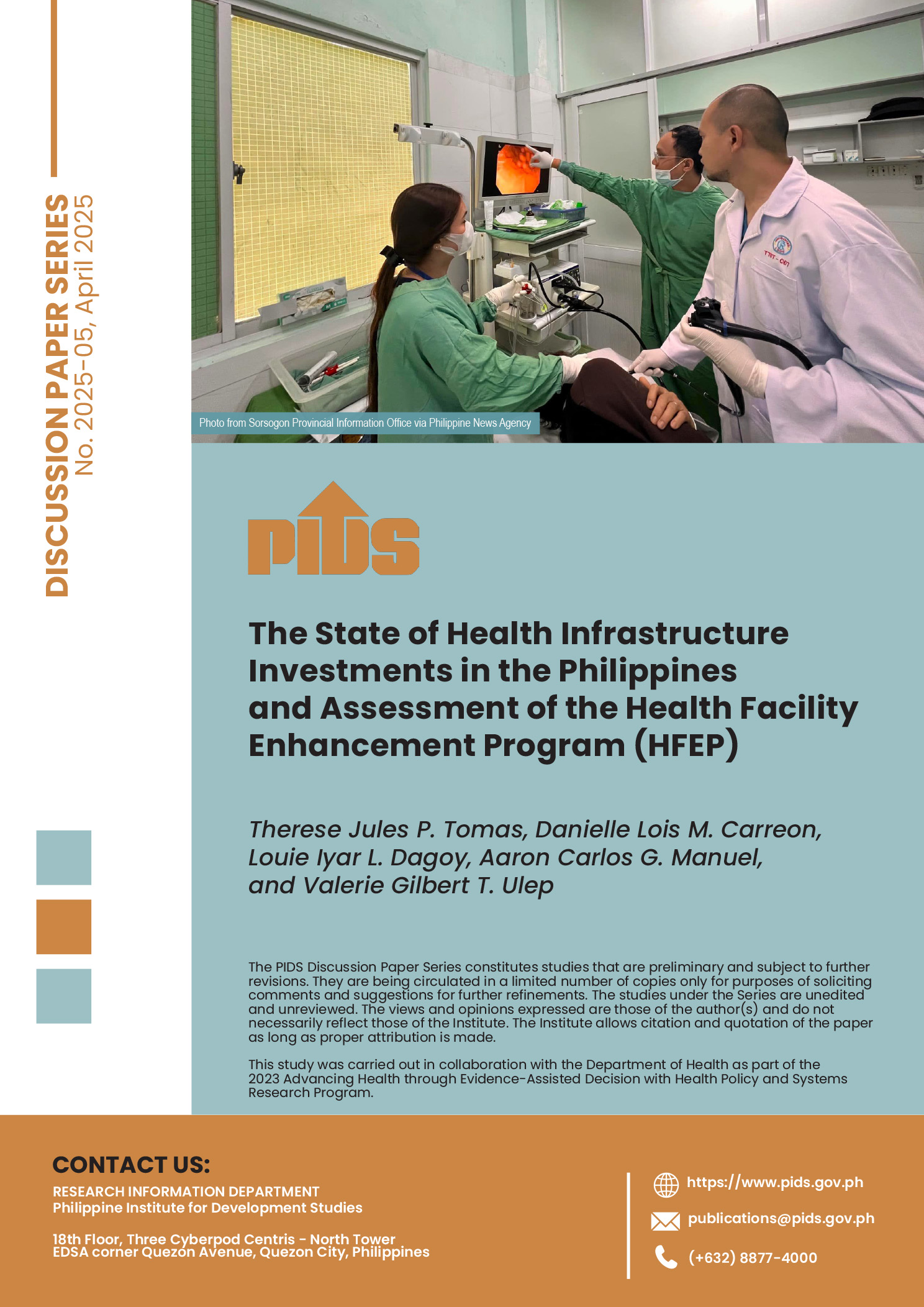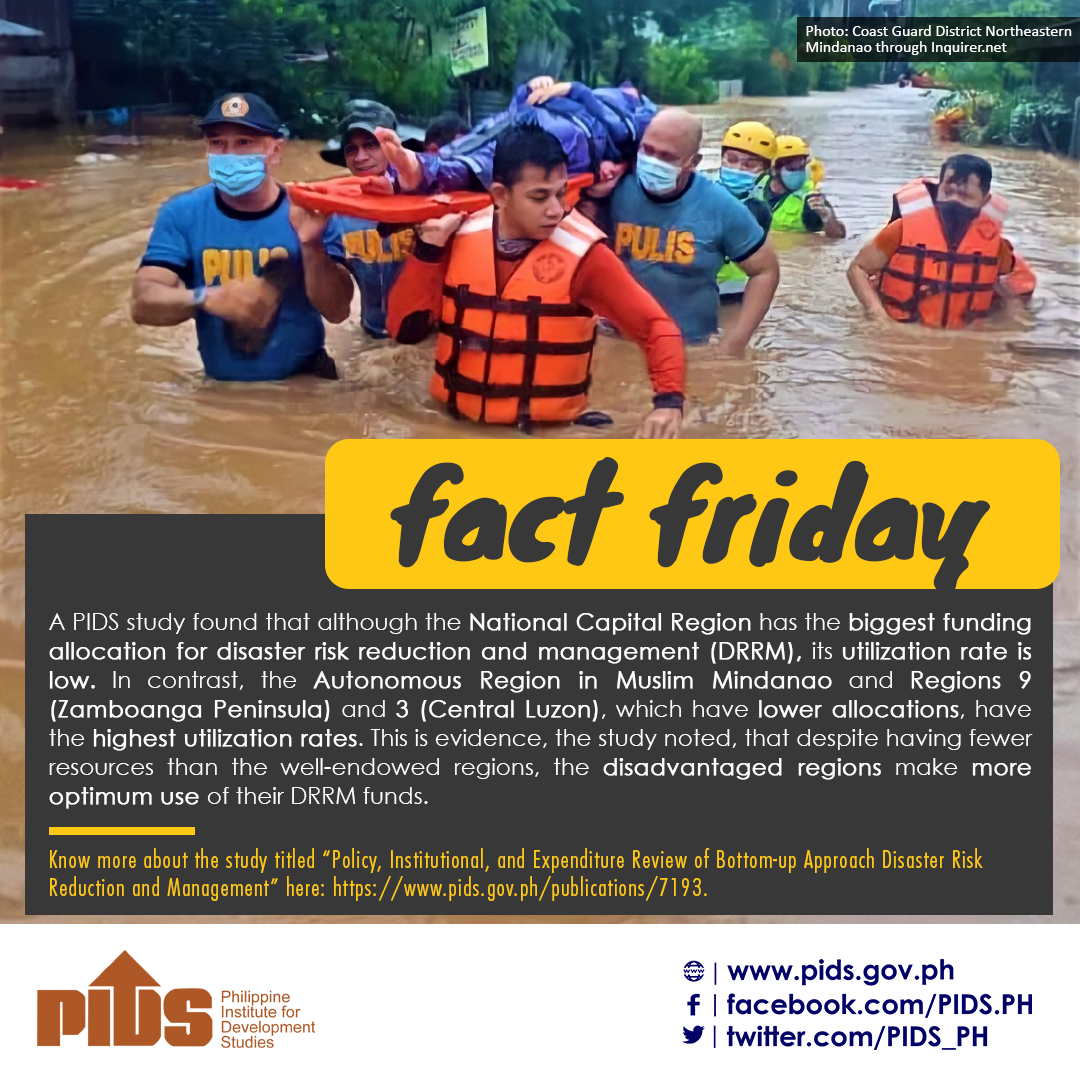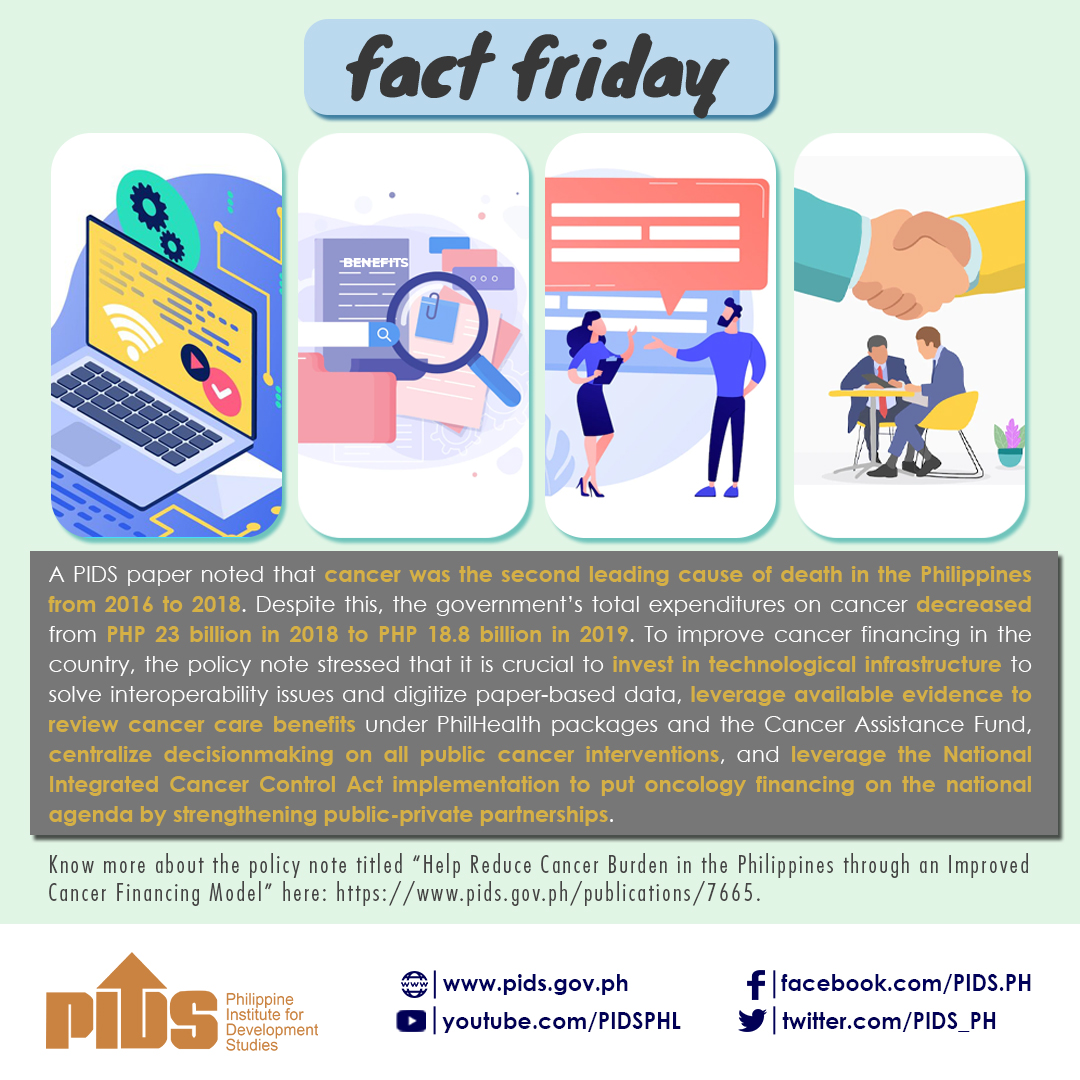MANILA, Philippines—In the Philippines, where roughly 9,000 Filipino women die of breast cancer every year, a cancer group is asking the government to allocate and use a portion of the proposed P10 billion in confidential and intelligence funds (CIFs) for 2024 to save more lives.
Kasuso Foundation, a non-profit and volunteer-based organization dedicated to serving indigent breast cancer patients through early detection and patient navigation, urged the government to transfer “even a small part” of the P10-billion CIFs in the proposed national budget for next year to the country’s cancer funds.
“[On] behalf of our Filipina sisters who are suffering and whose pain can be prevented and eased, Kasuso Foundation is joining other cancer groups in asking Congress for more funds for early cancer detection and treatment,” said Aileen Antolin, convenor of the Kasuso Foundation.
Under the proposal, the P10.141 billion in CIFs will be allocated across all government agencies, a bulk of which is being requested by the Office of the President.
Breast cancer is the leading type of cancer and is the most common among women of all ages in the Philippines.
Estimates by the Global Cancer Observatory (Globocan) showed that there are over 27,000 cases reported in the Philippines every year. Antolin said at least 9,000 Filipino women who were diagnosed in previous years died.
Despite these, Antolin stressed that the congressional budget for cancer amounted to only around P1 billion and was raised to around P1.56 billion last year.
Earlier this year, Congress has restored the government funds for cancer to a total of P1.56 billion from being previously excluded in the 2023 General Appropriations Act (GAA).
Of the P1.56 billion lodged under the Department of Health (DOH), P1.054 billion will subsidize cancer prevention, detection, treatment, and care, in line with Republic Act No. 11215 or the National Integrated Cancer Control Act—which aims to prevent cancer and improve cancer survivorship, and make cancer treatment and care more equitable and affordable for all.
Antolin said the budget must be further raised to increase the percentage of Filipino women getting tested for breast cancer. More funds will also allow public and private hospitals nationwide to prevent breast cancer cases from progressing.
“Data show only one percent of Filipinas get tested for cancer each year, probably the lowest in the world with neighboring countries posting around 20 percent and rich countries around 50 percent,” Kasuso Foundation stressed in a statement.
Kasuso Foundation provides free mammogram, which is not covered by universal health care, in strategic locations in the country. The organization said women 40 years old and above will only need to present a doctor’s request to avail themselves of free mammogram.
Boost funds for better cancer treatment
Antolin noted that only a few hospitals and around 200 to 300 patients can benefit from the cancer treatment under the P1.5 billion allocated cancer budget for this year.
Currently, 23 public hospitals have started offering free chemotherapies or targeted therapies for breast cancer patients who cannot afford the required 18 treatment cycles, which cost from P300,000 to P450,000.
Studies have shown that an alarming rate of late-stage breast cancers or delayed diagnosis has been recorded in many Asian countries, including the Philippines.
According to Antolin, Filipino women usually come for help only when it is too late because they have no money for the early detection tests and because they know about the financial hardship they and their families have to suffer if found positive.
“Let us save our women. Pakurot naman sa confidential funds (Allow us a pinch from the confidential funds)” she added.
Ease financial toxicity
The group likewise emphasized that the government should find ways for Philhealth to help ease the financial toxicity that families of cancer patients suffer.
An analysis by Valerie Ulep, a senior research fellow at the Philippine Institute for Development Studies (PIDS), showed that many Filipino cancer patients still rely on their hard-earned money to pay for their needed medical services.
A 2018 study published in Acta Medica Philippinaa peer-reviewed general medical and health science journal published by the University of the Philippines (UP)—highlighted the economic impact of cancer diagnosis in families.
The study, which analyzed 909 cancer patients in the Philippines, found that 40.6 percent of cancer patients’ families experienced financial toxicity—or financial problems—due to the high cost of medical care.








